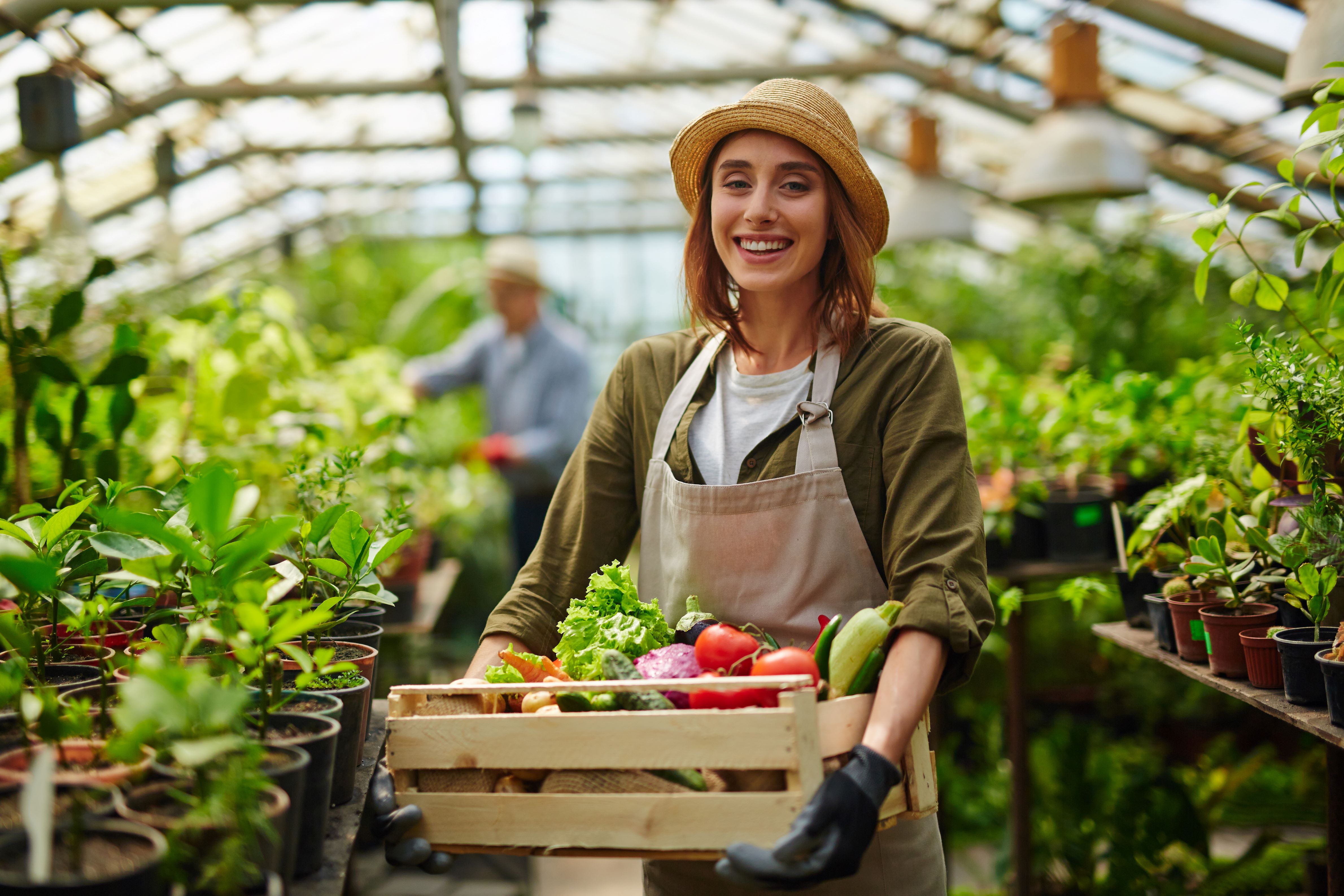
The environment secretary, Steve Barclay, yesterday (4 January) announced an upgrade to the support schemes for farmers introduced to replace the EU funding from the Common Agricultural Policy.
Speaking at the Oxford Farming Conference, Barclay announced a 10% increase in funding, easier application processes and more support for the use of new technology, such as robotic weeding.
The new, post-Brexit Environmental Land Management schemes aim to tie farming subsidies to more environmentally friendly land management practices, but farmers have so far complained they aren’t generous enough and that the application processes are too complex and take too long.
Barclay’s announcements were aimed at addressing these issues, with the intention of encouraging greater take up of the new schemes. Figures from the Department for the Environment and Rural Affairs (DEFRA) show that last year only 8,000 farmers applied to the Sustainable Farming Incentive, when over 80,000 were eligible.
Addressing farmers’ concerns, Barclay said:
“Farmers do the essential job of keeping Britain fed. That’s why I’ll back British farmers and help support farming businesses.
“We have listened to farmers’ feedback and set out the biggest upgrades to our farming schemes since leaving the EU, with more money, more choice and more trust to support domestic food production whilst also protecting the environment.
“We’re also making it easier for farmers of every farm type and size to enter the schemes, and I encourage everyone to take a look at how you can join the thousands of other farmers and land managers who are already receiving our backing through the schemes.”
Buying British
The government hopes that the new announcements will provide further support for farmers and strengthening supply chains. The government has set a commitment to continue to produce at least 60% of the food we eat in the UK.
Barclay also announced plans to consult on a new food-labelling scheme, which would highlight food produced to UK standards, allowing consumers to choose more environmentally friendly options in the supermarket.
The Guardian reports that many farmers are unhappy about these plans, expressing concerns that raising environmental standards at home, while encouraging the import of cheaper food produced to lower standards, would lead to British farmers being undercut.
Joe Stanley, chair of the Leicestershire branch of the National Farmers’ Union, told the paper:
“It’d be easier to get more excited about this were it coming from a government which hadn’t made it a guiding principle of trade policy since 2016 to source the cheapest, most environmentally damaging produce from wherever it could be found, undercutting UK farm standards.”
Consumer confidence trick
But writing in the Daily Telegraph before his speech, Barclay argued that his plan aimed to “make packaging clearer”, adding that this would “boost consumer confidence and ensure farmers are fairly rewarded”.
“We will also explore how we can better highlight imports that do not meet UK welfare standards, improve how origin information is given online to help people find high-quality British products and look at how we can do even more to ensure promotional activity, such as Union Jack labels on supermarket shelves matches the products on the shelf.”



